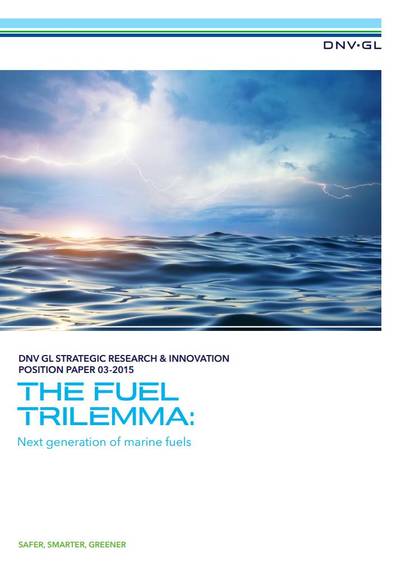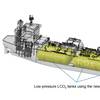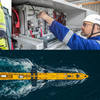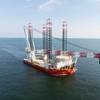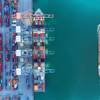DNV GL takes a broad view on the cost of safety and sustainability to alternative fuels
Trends in pricing are an obvious factor to consider when examining the feasibility of new fuels, but sustainability and safety also have an impact on the ultimate affordability of change. DNV GL has released a position paper that presents a methodology for evaluating alternative fuels, adding sustainability and safety considerations in the discussion.
“The Fuel Trilemma: Next Generation of Marine Fuels” looks at the rapidly diversifying fuel market from the perspective of affordability, sustainability and safety. These three factors will govern the importance of any energy source chosen to meet regulatory requirements for CO2, SOx and NOx – requirements that are already pushing the limits of what can be achieved with conventional fuels and exhaust gas cleaning technology.
A growing diversity of fuel options has seen LNG becoming well established and opened some potential for biofuels to gradually replace fossil fuels. Electricity from the grid, methanol and hydrogen have their place for certain geographic areas and ship types, too.
“In all cases, the cost associated with machinery, as well as the expected fuel price, will play a dominant role for shipowners as they make changes to their fleet,” said Christos Chryssakis, Senior Researcher at DNV GL. “However, safety and sustainability have an impact on affordability. Sustainability, assessed from a lifecycle perspective, will determine the availability of various fuels in the future, and could constrain the energy mix locally or globally.
“Novel design solutions may introduce a level of complexity that affects newbuilding costs and operational reliability. Even well-known solutions such as LNG involve considerable ship design and equipment changes to ensure safe operation.” But there are external risks to be considered. A major accident could turn regulators and the general public against an otherwise promising fuel option. “DNV GL advocates that the risks are manageable. One of the premises is that safety should head the agenda from the very beginning of a ship design project,” Chryssakis said.
The position paper analyses affordability, sustainability, safety and reliability and includes case studies involving LNG, shore-based electricity, biofuels (including pyrolysis oil and biomethanol) and hydrogen. It presents the benefits and challenges for each option.



